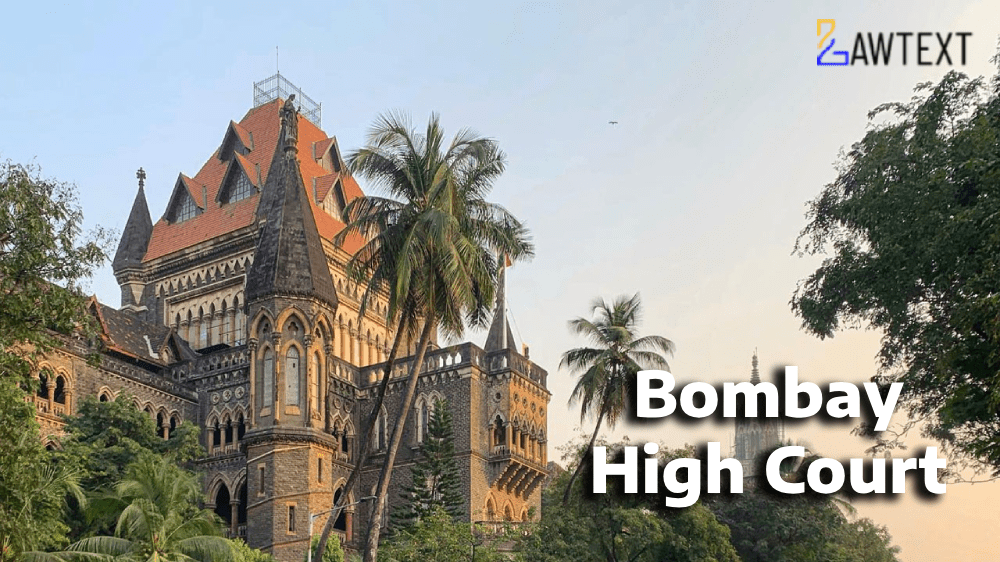

Subject of Challenge (Para 1):
The case challenges the validity of the amendment dated 6th April 2023 to Rule 3(1)(b)(v) of the Information Technology (Intermediary Guidelines and Digital Media Ethics Code) Rules, 2021. The amendment pertains to the obligations of intermediaries in preventing the dissemination of certain types of content.
Initial Judgment (Para 2):
On 31st January 2024, Justice G.S. Patel struck down the amended rule, holding it to be in violation of Articles 14, 19(1)(a), and 19(1)(g) of the Indian Constitution, Section 79 of the IT Act, 2000, and the principles of natural justice.
Contrary Opinion by Justice Neela Gokhale (Para 3):
Justice Neela Gokhale upheld the validity of the amended Rule, stating it was not violative of Articles 14 and 19(1)(a) of the Constitution. She emphasized that the amendment was consistent with Section 79 of the IT Act and the Supreme Court judgment in Shreya Singhal vs Union of India.
Difference of Opinion (Para 4):
A significant disagreement arose between Justice G.S. Patel and Justice Neela Gokhale, primarily over whether the impugned rule was ultra vires and unconstitutional.
Referral to Chief Justice (Para 5):
Due to this difference of opinion, the matter was referred to the Chief Justice for appropriate directions. Consequently, the case was referred to Justice A.S. Chandurkar for a third opinion.
Opinion of Justice A.S. Chandurkar (Para 6):
In his opinion dated 20th September 2024, Justice Chandurkar agreed with Justice Patel, concluding that the amended rule was unconstitutional due to several factors, including vagueness, overbreadth, and violation of the test of proportionality.
Final Pronouncement (Para 7-8):
Based on the majority opinion, the amended rule was declared unconstitutional, and the petitions were allowed.
Costs (Para 9):
No order as to costs was passed in the final judgment.
Articles 14, 19(1)(a), 19(1)(g) of the Constitution of India:
The rule was found to violate the right to equality (Article 14), freedom of speech and expression (Article 19(1)(a)), and the right to carry on any occupation (Article 19(1)(g)).
Section 79 of the IT Act, 2000:
The amended rule was held to be ultra vires the IT Act. The protection under Section 79 (safe harbor for intermediaries) ceases only when intermediaries knowingly and intentionally allow the transmission of offensive content.
Principles of Natural Justice:
The rule violated principles of natural justice due to its vague and overbroad language, failing to provide clear guidance on what constitutes "fake, false, or misleading" content.
#ConstitutionalLaw #FreedomOfSpeech #InformationTechnologyAct #DigitalMediaEthics #ITRulesAmendment2023 #IntermediaryLiability
Citation: 2024 LawText (BOM) (9) 263
Case Number: WRIT PETITION (L) NO. 9792 OF 2023 WITH WRIT PETITION (L) NO.14955 OF 2023 WITH INTERIM APPLICATION (L) NO.17704 OF 2023 IN WRIT PETITION (L) NO.14955 OF 2023 WITH (CIVIL APPELLATE JURISDICTION) WRIT PETITION NO.7953 OF 2023
Date of Decision: 2024-09-26
Case Title: Kunal Kamra Versus Union of India
Before Judge: A. S. Gadkari & Dr. Neela Gokhale, JJ.
Advocate(s): For the Petitioner in WPL/9792/2023. For the Petitioner in WP/7953/2023. For Applicant in IAL/17704/2023. For respondent-UOI. Mr Navroz Seervai, Senior Advocate, with Darius Khambata, Senior Advocate, Arti Raghavan, Vrinda Bhandari, Gayatri Malhotra, Abhinav Sekhri & Tanmay Singh, i/b Meenaz Kakalia Mr Gautam Bhatia, with Aditi Saxena. Mr Arvind Datar, Senior Advocate, with Nisha Bhambani, Rahul Unnikrishnan & Bharat Manghani, i/b Gautam Jain. Mr Tushar Mehta, Solicitor General, with Devang Vyas, Additional Solicitor General, Rajat Nair, Gaurang Bhushan, Aman Mehta, DP Singh, A.M.Sethna, Ankit Lohia, Savita Ganoo, Sheelang Shah, Anusha Amin, Vaibhavi Choudhary, Devanshu Gupta in all matters.
Appellant: Kunal Kamra
Respondent: Union of India